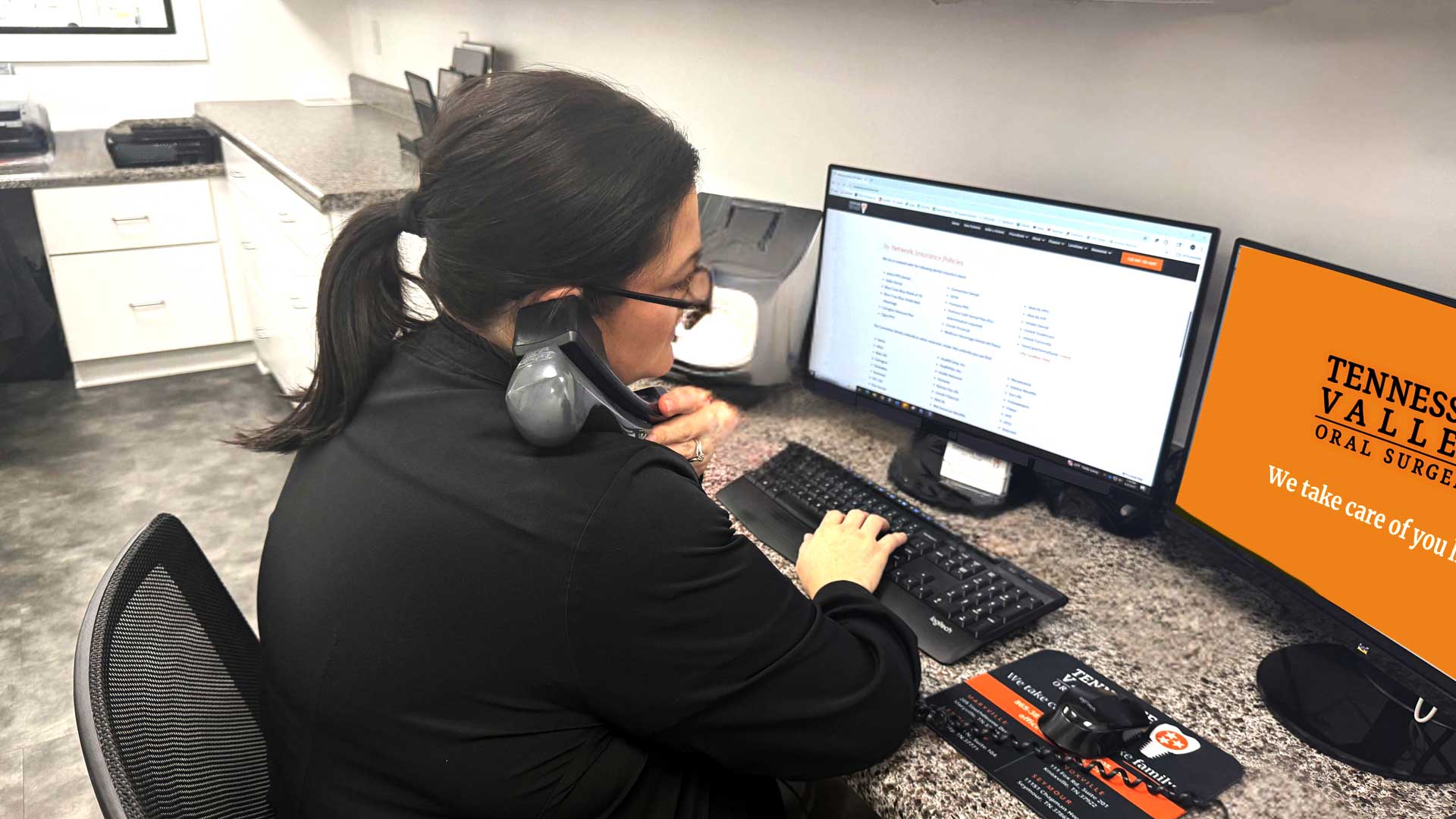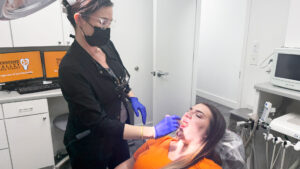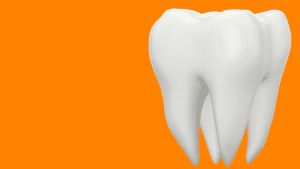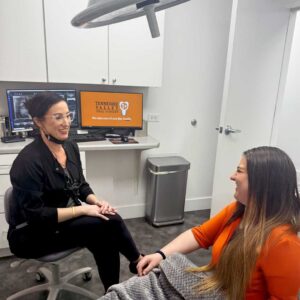When it comes to oral health, there are a variety of professionals who can help diagnose and treat different issues. While it is important to dive into each profession, we believe it will be most beneficial to our patients if we differentiated between these types of professionals including dentists, oral surgeons, maxillofacial surgeons, and medical doctors. Each of these has specific education, training, and the types of procedures they perform.
Tennessee Valley Oral Surgery has them all
At TVOS, we are grateful that not only do we have all of these doctors on staff, but many of our doctors also meet all of these qualifications. Our doctors have the training and education to be considered dentists, surgeons, maxillofacial surgeons, and obviously medical doctors. When you’re with us, you’re in the best hands.
Medical Doctors
First, we will cover what qualifies as a medical doctor. A medical doctor is a healthcare professional who is responsible for the diagnosis, treatment, and prevention of illnesses, injuries, and diseases. Medical doctors, also known as physicians, can specialize in a wide range of medical fields.
To become a medical doctor, one must first complete a bachelor’s degree in a relevant field, such as biology, chemistry, or pre-med. After completing their undergraduate studies, they must then enroll in and complete a medical school program, which typically takes four years to complete.
During their medical school education, aspiring doctors receive a comprehensive education in anatomy, physiology, pharmacology, and medical ethics, among other subjects. They also gain hands-on experience through clinical rotations, where they work directly with patients under the supervision of experienced physicians.
After completing medical school, doctors must complete a residency program, which typically lasts between three to seven years, depending on their chosen specialty. During their residency, doctors receive specialized training in their chosen field and gain further experience in diagnosing and treating patients.
Finally, after completing their residency, doctors must pass the licensing exams in their state or country to become licensed to practice medicine. Some doctors may also choose to pursue additional training and certification in a specific area of specialization through fellowships or other post-residency training programs.
Dentists
Next, we will discuss what a dentist is. Dentists are primary care providers for oral health. They are the first line of defense when it comes to maintaining healthy teeth and gums. Dentists are responsible for diagnosing and treating a wide range of dental problems, including cavities, gum disease, and tooth decay. They also perform regular cleanings and preventive care like fluoride treatments and sealants to help prevent dental issues before they arise.
Dentists typically complete four years of undergraduate education followed by four years of dental school to earn a Doctor of Dental Medicine (DMD) or a Doctor of Dental Surgery (DDS) degree. They may also pursue additional training in specific areas of dentistry, such as orthodontics or endodontics.
Oral Surgeons
The next type of oral health professional we plan to discuss are oral surgeons. Oral surgeons are dental specialists who focus on surgical treatments for the mouth, teeth, and jaw. They are trained to perform complex surgical procedures that go beyond the scope of a general dentist. Oral surgeons can perform tooth extractions, dental implants, bone grafts, and corrective jaw surgery.
Oral surgeons complete four years of undergraduate education followed by four years of dental school, and then an additional four to six years of specialized surgical training in a hospital setting. This training includes rotations in areas like emergency medicine, anesthesia, and general surgery.
Maxillofacial Surgeons
The last type of professional we want to make our patients aware of are maxillofacial surgeons. Maxillofacial surgeons are oral surgeons with additional training in surgery involving the face, jaw, and skull. They specialize in treating injuries and defects of the head and neck, including facial trauma, tumors, and cleft lip and palate. They may also perform cosmetic procedures like facelifts and rhinoplasty.
Maxillofacial surgeons typically complete four years of undergraduate education followed by four years of dental school, and then a residency program that lasts four to six years. During their residency, they receive advanced training in general surgery, plastic surgery, and other surgical subspecialties.
Tennessee Valley Oral Surgery (TVOS)
While dentists, oral surgeons, and maxillofacial surgeons all work in the field of oral health, they have different levels of training and perform other procedures. Dentists focus on maintaining healthy teeth and gums. At the same time, oral surgeons and maxillofacial surgeons specialize in surgical procedures for the mouth, teeth, and jaw, with maxillofacial surgeons also focusing on the face, jaw, and skull.
However, Tennessee Valley Oral Surgeons have all medical doctors, dentists, oral surgeons, and maxillofacial surgeons on staff, and many of our providers are qualified as multiple of these.
Choosing the right dental professional for your needs will depend on your specific oral health concerns and the type of treatment that you require. Reach out if you have any questions, and we will help answer them so you can make an informed decision.

Schedule an Appointment Today
Are you a patient in the Knoxville, Lenoir City or Maryville, TN area needing oral surgery?
Have More Questions?
Check out our frequently asked questions to get more answers about your oral surgery procedure.
